We may earn money or products from the companies mentioned in this post. This means if you click on the link and purchase the item, I will receive a small commission at no extra cost to you ... you're just helping re-supply our family's travel fund.

China, a land of ancient wonders and futuristic cities, promises an unparalleled journey for the curious U.S. traveler. Its vibrant culture, breathtaking landscapes, and rich history invite deep exploration. To truly embrace this extraordinary adventure, a little preparation goes a long way. Understanding key cultural nuances and practical considerations will transform your trip from simply visiting to genuinely experiencing. Prepare to immerse yourself in a country that will challenge your perceptions and leave you with unforgettable memories.
1. Secure Your Visa Well in Advance

Obtaining a Chinese visa is a crucial first step and requires careful planning. You must apply for the appropriate visa type, typically a tourist (L) visa, at a Chinese Embassy or Consulate in the U.S. The application process can take several weeks, sometimes longer, especially during peak travel seasons. Ensure your passport has at least six months of validity beyond your planned departure date and at least two blank visa pages. Don’t leave this to the last minute; apply early to avoid unnecessary stress and ensure a smooth start to your journey.
2. Arrange Your VPN Before Arrival
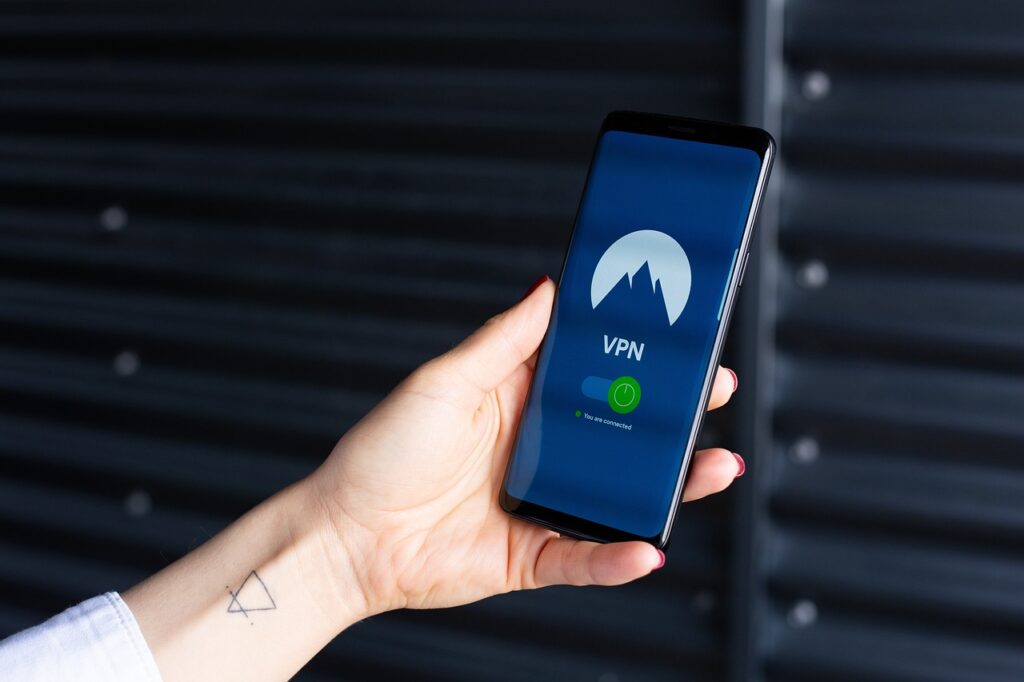
Internet access in China is subject to significant restrictions, often referred to as the “Great Firewall.” Many popular U.S. websites and apps like Google, Facebook, Instagram, and WhatsApp are blocked. To maintain connectivity and access your usual services, you will need a Virtual Private Network (VPN). Download and set up a reliable, paid VPN service before you arrive in China, as many VPN websites are also blocked within the country. This is essential for staying connected and navigating your online world effectively.
3. Download Essential Apps

Mobile apps are indispensable for daily life in China. WeChat is the dominant super-app for messaging, mobile payments, and almost everything else you can imagine. Other useful apps include Alipay for payments, Baidu Maps (or Apple Maps, which works offline) for navigation, and translation apps like Pleco (for Chinese characters) or Google Translate (remember to download the offline Mandarin pack). Ensure these are downloaded and set up on your phone before you leave the U.S., as app stores might be restricted once you are there.
4. Prepare for Mobile Payments
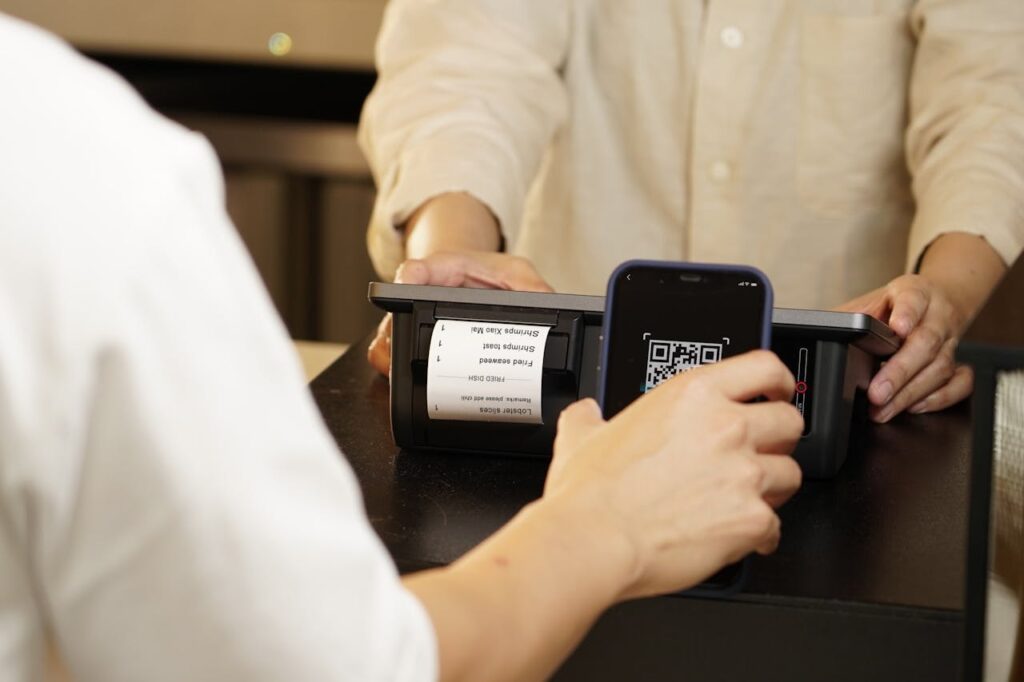
Cash is rarely used in China; mobile payments via WeChat Pay or Alipay are the norm for almost all transactions, from street vendors to department stores. U.S. credit cards are often not accepted directly by local merchants. Before you travel, link your international credit card to WeChat Pay or Alipay. This process can sometimes be tricky for foreign cards, so testing it out or having some cash for initial use is wise. Getting comfortable with these apps will make your daily life much, much easier.
5. Pack a Universal Travel Adapter
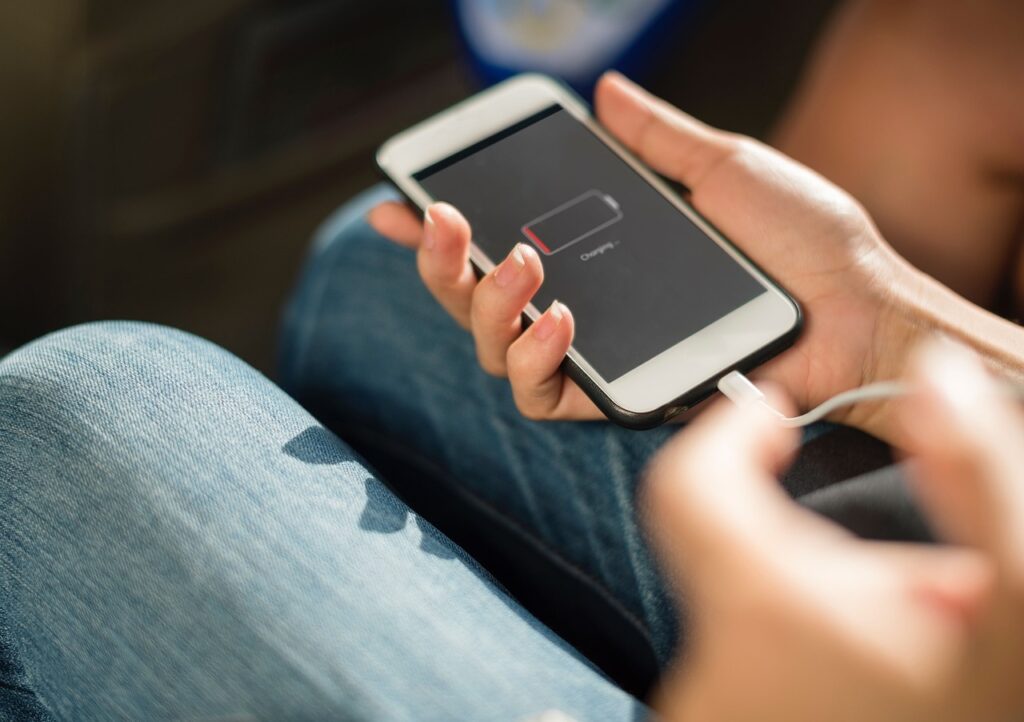
China uses Type A, C, and I electrical outlets, operating on 220V/50Hz. This differs from the U.S. standard of 120V/60Hz. To charge your electronics, you will definitely need a universal travel adapter, and for some devices, a voltage converter might also be necessary to prevent damage. Always check the voltage requirements of your specific devices carefully before plugging them in. Having the correct adapter ensures your phone, camera, and other gadgets stay powered throughout your trip, ready for every moment.
6. Carry a Portable Power Bank
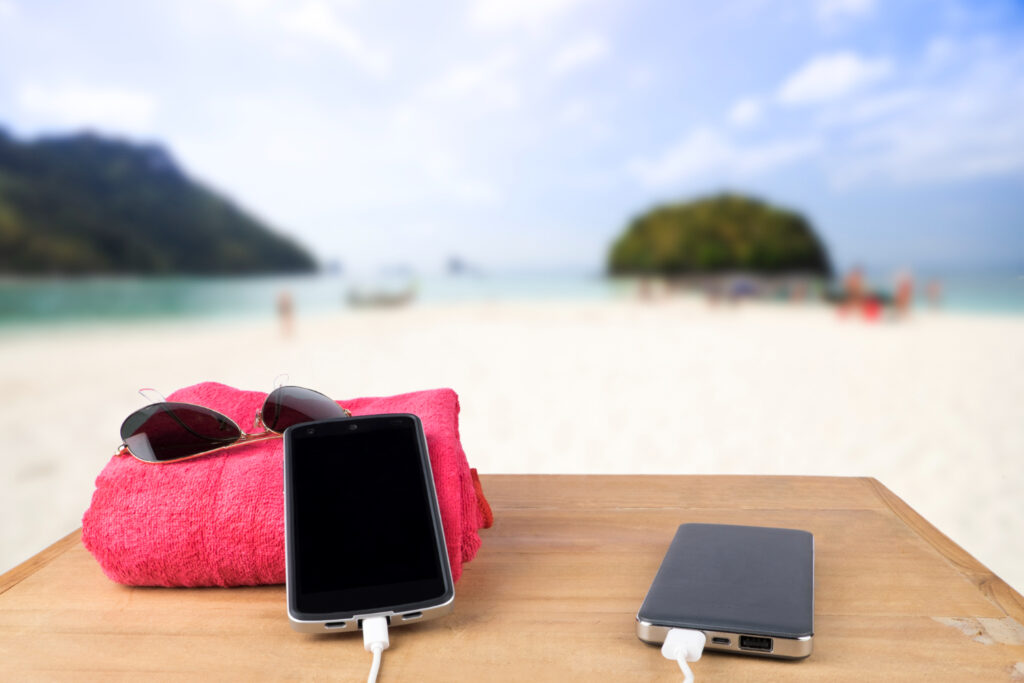
With heavy reliance on your smartphone for navigation, translation, communication, and mobile payments, your battery will drain quickly. A high-capacity portable power bank is an absolute necessity for full days of sightseeing and exploring. Ensure it’s charged nightly and carry it with you at all times. This prevents the frustration of a dead phone in unfamiliar territory and keeps you connected and ready for anything, from hailing a taxi to looking up directions to your next meal.
7. Understand Local Customs and Etiquette

Chinese culture values respect, harmony, and “face” (mianzi). Politeness, humility, and avoiding direct confrontation are incredibly important in interactions. Learn a few basic Mandarin phrases like “hello” (ni hao) and “thank you” (xie xie). When dining, chopsticks are common, and it’s polite to offer food to others. Tipping is not customary and can sometimes be seen as insulting. Observing local customs will genuinely enhance your interactions and show deep respect for the culture.
8. Be Mindful of Food and Drink Safety

Tap water in China is generally not safe for direct consumption; always, always drink bottled water. When it comes to food, exercise caution with street food vendors, especially those that look less hygienic or have low customer turnover. Stick to busy stalls with high turnover or established restaurants. Peel fruits before eating them, even if they look clean. While adventurous eating is part of the experience, prioritizing food safety helps prevent traveler’s stomach issues and keeps your journey on track.
9. Navigate Public Transportation

China boasts an extensive and efficient public transportation system, including high-speed trains, subways, and buses, especially in major cities. Subways are typically easy to navigate with English signs, even for first-time visitors. For long-distance travel, China’s high-speed rail network is incredibly modern, fast, and reliable. Consider using ride-hailing apps like Didi (similar to Uber) for convenient local travel. Learning how to use these systems will save you significant time and money, making city exploration effortless.
10. Prepare for Language Barriers

While English is spoken in major international hotels and popular tourist sites, it’s considerably less common in local areas or smaller cities. Be prepared for significant language barriers outside of these hubs. Translation apps are invaluable tools; make sure they are downloaded and ready for offline use. Consider carrying a small notebook and pen for writing down addresses in Chinese characters or drawing simple pictures to convey needs. Patience and a good sense of humor will go a long way when communication becomes challenging.
11. Learn Basic Mandarin Phrases

Even a few basic Mandarin phrases can significantly improve your travel experience and are greatly appreciated by locals. “Ni hao” (hello), “Xie xie” (thank you), “Bu yao” (no), “Duoshao qian?” (how much?), and “Zaijian” (goodbye) are excellent starting points. Locals often respond incredibly positively to any attempts to speak their language, opening doors to more authentic interactions and demonstrating your genuine interest in their rich culture. It’s a small effort that yields big rewards.
12. Bring Necessary Medications and Prescriptions
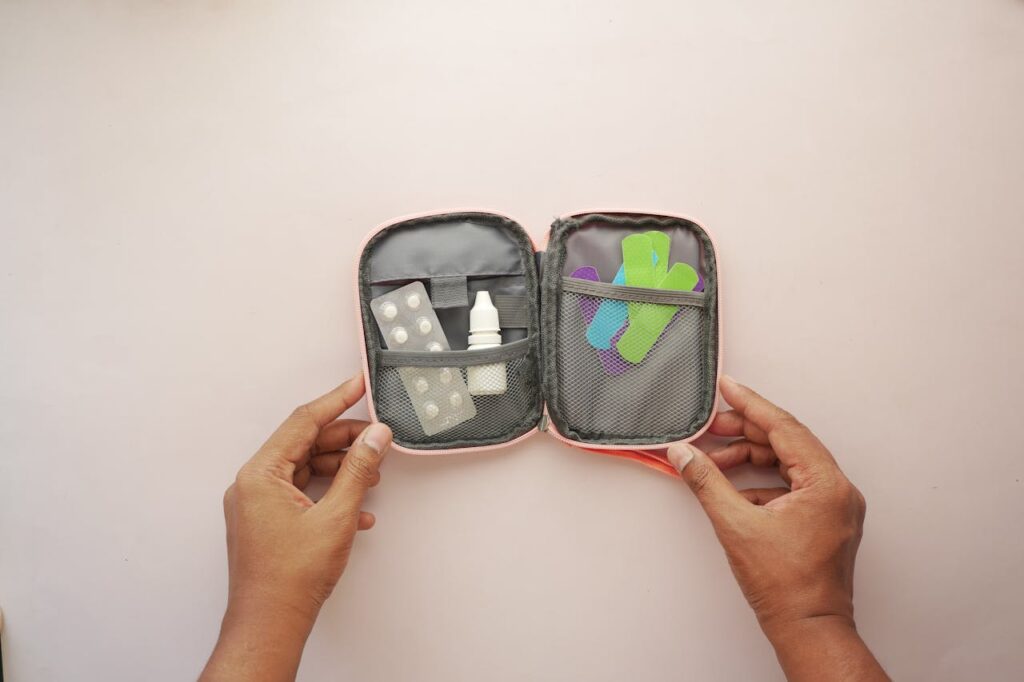
Always carry any essential prescription medications in their original packaging, along with a copy of your prescription and a doctor’s note explaining your medical condition. It’s also wise to bring common over-the-counter remedies for colds, pain, and stomach issues, as brand names might differ or specific medications might be unavailable in China. Always pack these in your carry-on luggage to ensure they are accessible, especially during long flights or unexpected delays.
13. Research Local SIM Cards or eSIMs
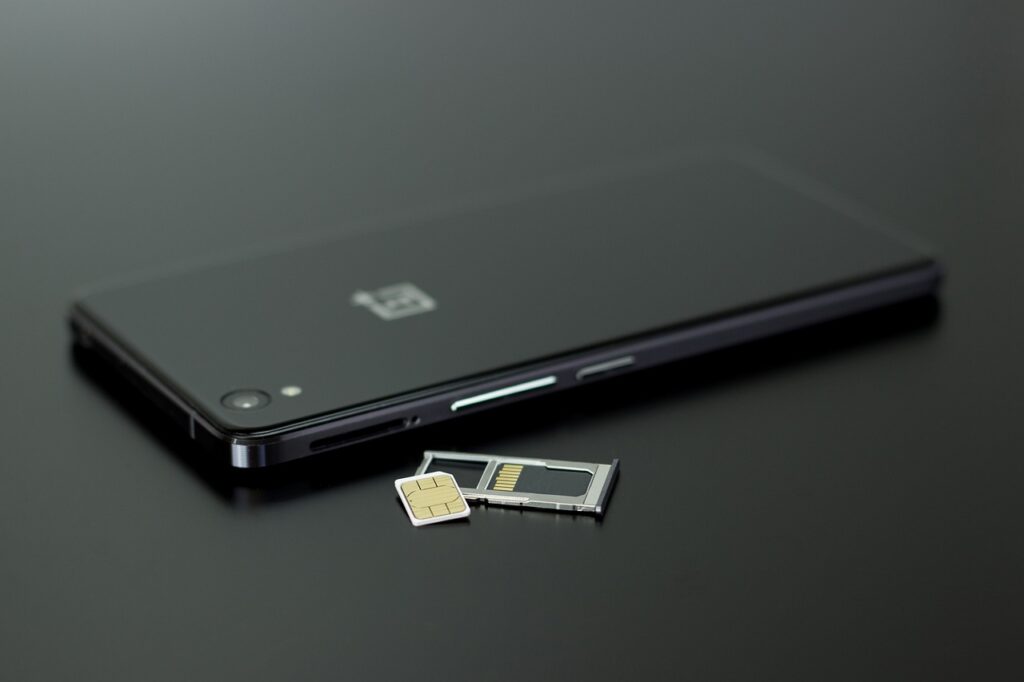
While a VPN helps with blocked apps, a local SIM card or eSIM provides stable and affordable data connectivity, which is essential for navigation and communication. You can typically purchase physical SIM cards at airports or authorized shops, though activation might require passport registration. Many newer phones support eSIMs, which can be purchased and activated digitally before your trip. Reliable local data ensures you can navigate, use translation apps, and stay in touch efficiently throughout your travels.
14. Understand Tipping Culture (or Lack Thereof)

Unlike in the U.S., tipping is generally not customary in China and can even be considered impolite or confusing to local service staff. Hotel staff, taxi drivers, and restaurant servers typically do not expect tips for their services. In some very high-end tourist services or for private, pre-arranged tours, a small gratuity might occasionally be accepted, but it is never expected. Adjusting your expectations around tipping will help you avoid awkward situations and integrate more smoothly into local norms.
15. Prioritize Travel Insurance

Comprehensive travel insurance is a non-negotiable for a trip to China. Ensure your policy covers medical emergencies, trip cancellation or interruption, lost luggage, and emergency evacuation. Medical care standards can vary, and unexpected health issues or travel disruptions can be incredibly costly without coverage. Having robust insurance provides immense peace of mind, allowing you to focus entirely on enjoying your extraordinary journey without worrying about unforeseen circumstances. It’s a small investment for significant security.
16. Adjust to Time Zone and Jet Lag

China operates on a single time zone (China Standard Time), even though the country covers a vast geographical area. U.S. travelers may experience significant jet lag due to the long flight and time difference. To ease the adjustment, gradually shift your sleep schedule a few days before departure, stay hydrated during the flight, and spend time outdoors upon arrival to help reset your internal clock. Prioritizing rest and pacing your itinerary at the start will help you acclimate and fully enjoy the days that follow.